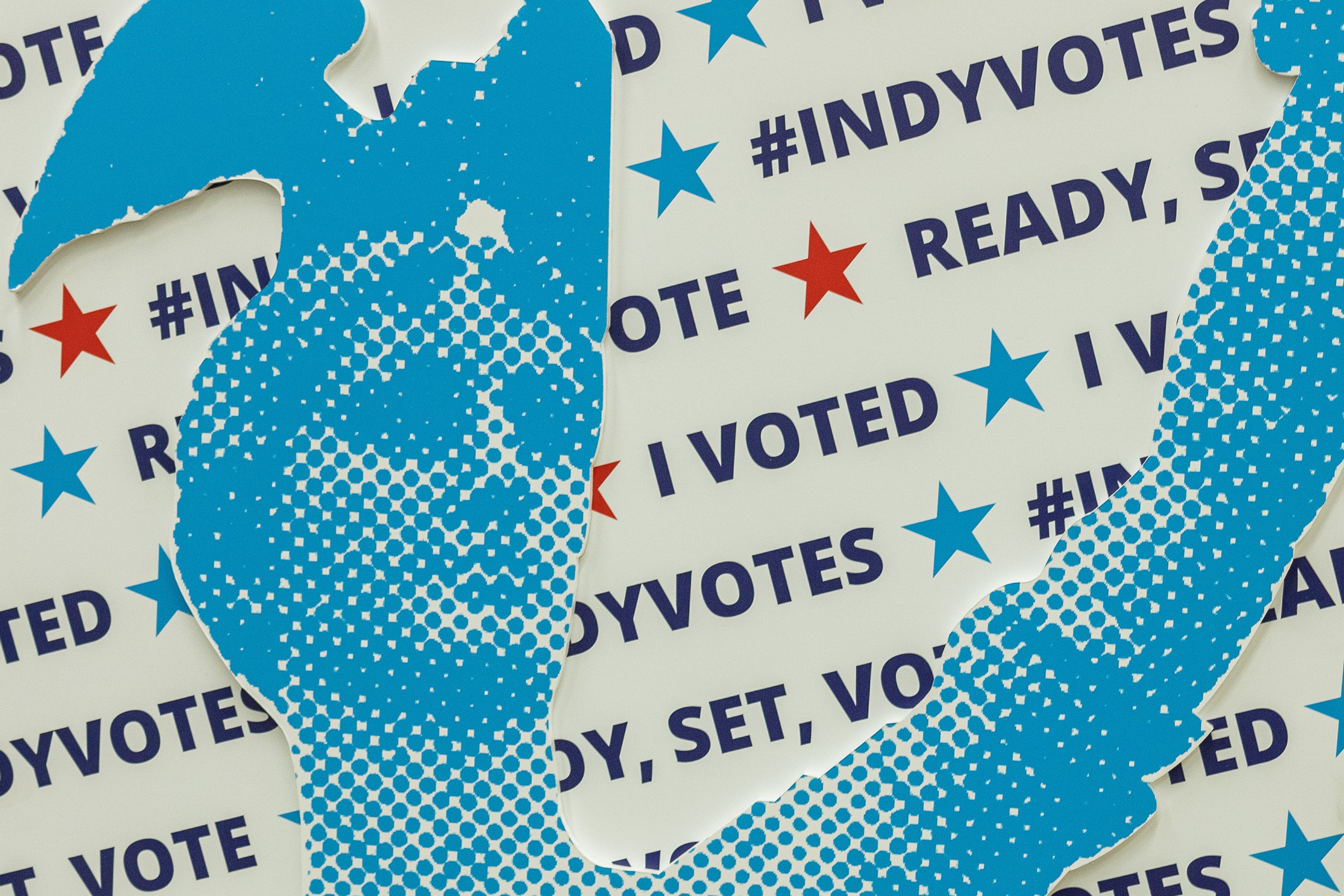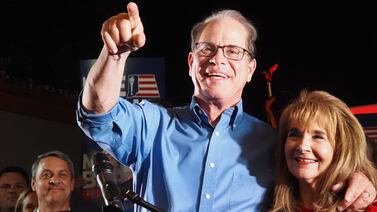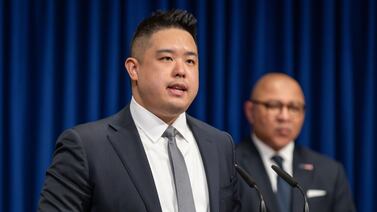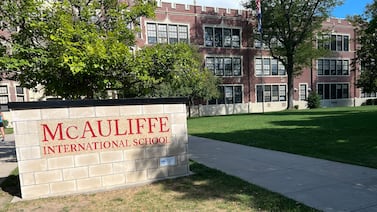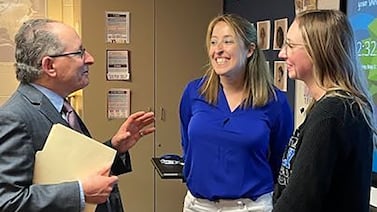Chalkbeat is a nonprofit news organization covering public education in communities across America. Sign up for Chalkbeat Indiana’s free daily newsletter to keep up with Indianapolis Public Schools and statewide education news.
Indianapolis Mayor Joe Hogsett, a Democrat, will face Republican challenger Jefferson Shreve in the November general election.
Both candidates had more than half of the vote in their respective primary elections, despite multiple challengers. Per unofficial election results, Hogsett had 58.37% of the votes in the Democratic primary and Shreve had 65.89% in the GOP primary.
Tonight’s election results are unofficial until the Marion County Election Board certifies results on May 15.

The winners of each of the primary elections will be on the Nov. 7 ballot for the general election. (Independent candidates and minor party candidates have until the summer to declare their candidacy for the general election.)
Voter turnout on Tuesday was around 13% of registered voters. More than 78,000 voters cast ballots in the municipal primary election, an increase of 45% from 2019, per the Marion County Election Board. There were also more than triple the number of early votes.
In the Democratic primary, Hogsett’s closest opponent was state Rep. Robin Shackleford, who had 37.87% of the vote.
The remaining four candidates, including two who stopped campaigning ahead of primary Election Day, each had no more than 1.5% of the vote.

Similarly in the GOP primary, Abdul Hakim-Shabazz had 26.25% of the vote, while James Jackson and John Couch each had around 4% of the vote.
Mayor has impact on schools in Marion County
The biggest way that the mayor impacts education in the city and its townships is through the Office of Education Innovation, which is a charter school authorizer.
That means the office is responsible for overseeing charter schools and making sure the schools meet the promises in their charters.
Currently, the mayor’s Office of Education Innovation is the authorizer for nearly 50 charter schools, including roughly a dozen schools in the Indianapolis Public Schools Innovation Network.
The mayor also selects six of the nine members of the Indianapolis Charter School Board, which reviews charter school applications and approves or rejects them. The board can also make recommendations on renewals.
Plus, the mayor has a significant impact on crime, the economy, and housing in Indianapolis — all of which affect the educators and students who go to school here.
MJ Slaby oversees Chalkbeat Indiana’s coverage as bureau chief and covers higher education. Contact MJ at mslaby@chalkbeat.org.


